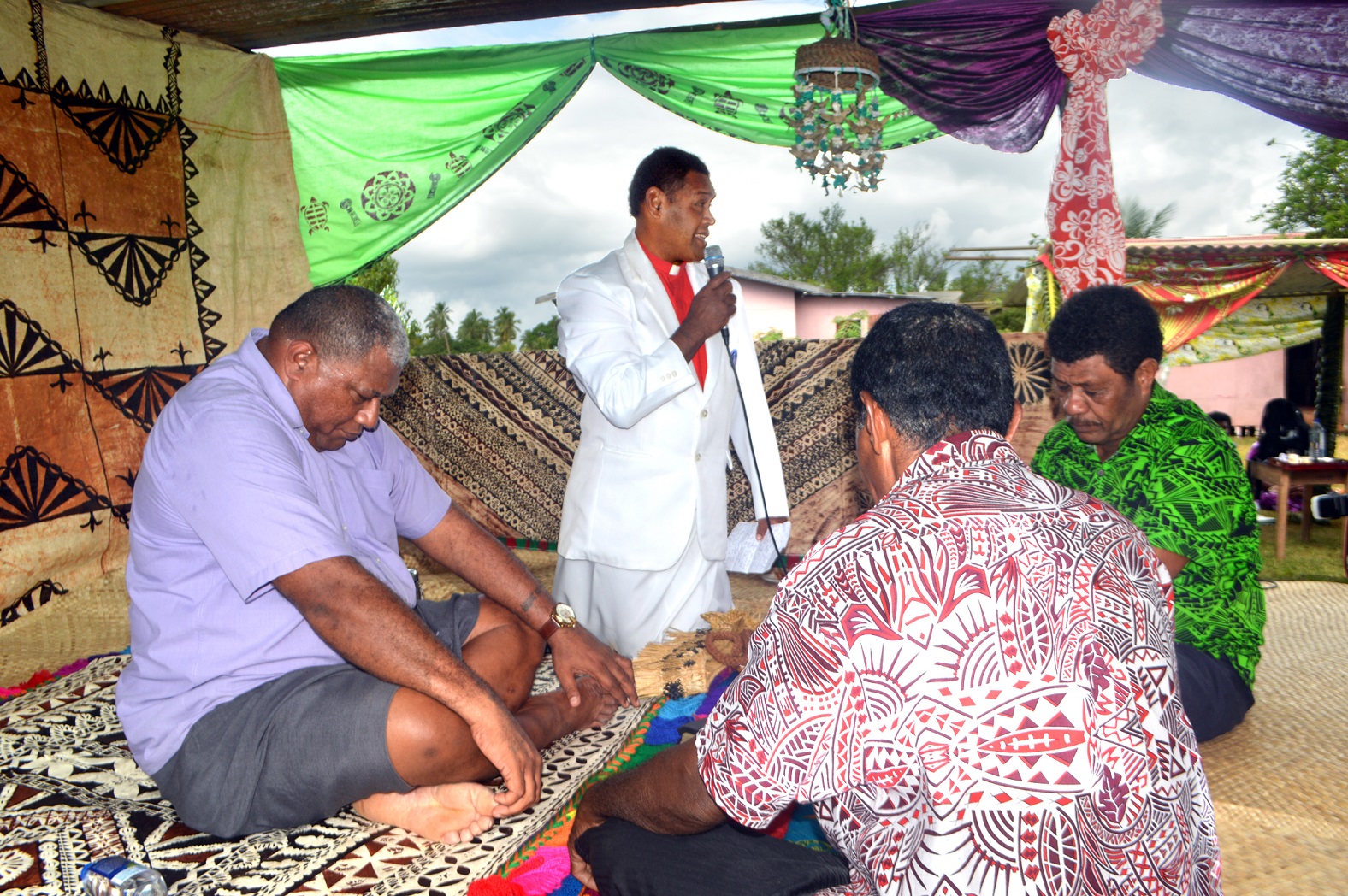MACUATA paramount chief Ratu Wiliame Katonivere believes his people have contributed generously to the various nature conservation projects.
Since 2002, he said Macuata had been involved in conservation projects covering areas from the ridges to the reefs.
“I am beginning to realise the ridge to reef initiative and also a theme by United Nations Climate Change,” he said.
“In 2002, in collaboration with the WWF Pacific, we established the first marine protected area (MPA) for the qoliqoli cokovata in the province of Macuata.
“By 2004, an additional nine MPA sites were added by the community, reflecting the changing perception of my people and their recognition of the need to better manage our marine resources.”
Ratu Wiliame said the continuous commitment shown by his people towards such positive initiatives had rewarded the vanua.
“As we began to see that we could replenish our diminishing marine resources through working together as a united vanua, the fruits of our passion spilled over into other areas in the province,” he said.
“In 2010, we began the bid to nominate the qoliqoli cokovata as Fiji’s second Wetland of International Significance or Ramsar Site.
“In 2017, I attended the COP23 in Bonn to represent my people and our united vision of a prosperous vanua through managed marine and terrestrial resources.
“In January this year, at the launch of the International Year of the Reef, the qoliqoli cokovata of Macuata, which covers 1000 square kilometres of reef and mangrove system, was announced as Fiji’s newest Ramsar Site.”
Last week, Nakanacagi Village, also in Macuata, officially dedicated Fiji’s first bat sanctuary which consists of a cave that protects Fijian free-tailed bats to God.
“To this day, all research of known bat caves in Fiji has shown that the Fijian free-tailed bats can only be found roosting and nursing in the Nakanacagi bat caves,” Ratu Wiliame said.
“I am not surprised that the special Fijian free-tailed bats can only find refuge with us, the people of Macuata.”





